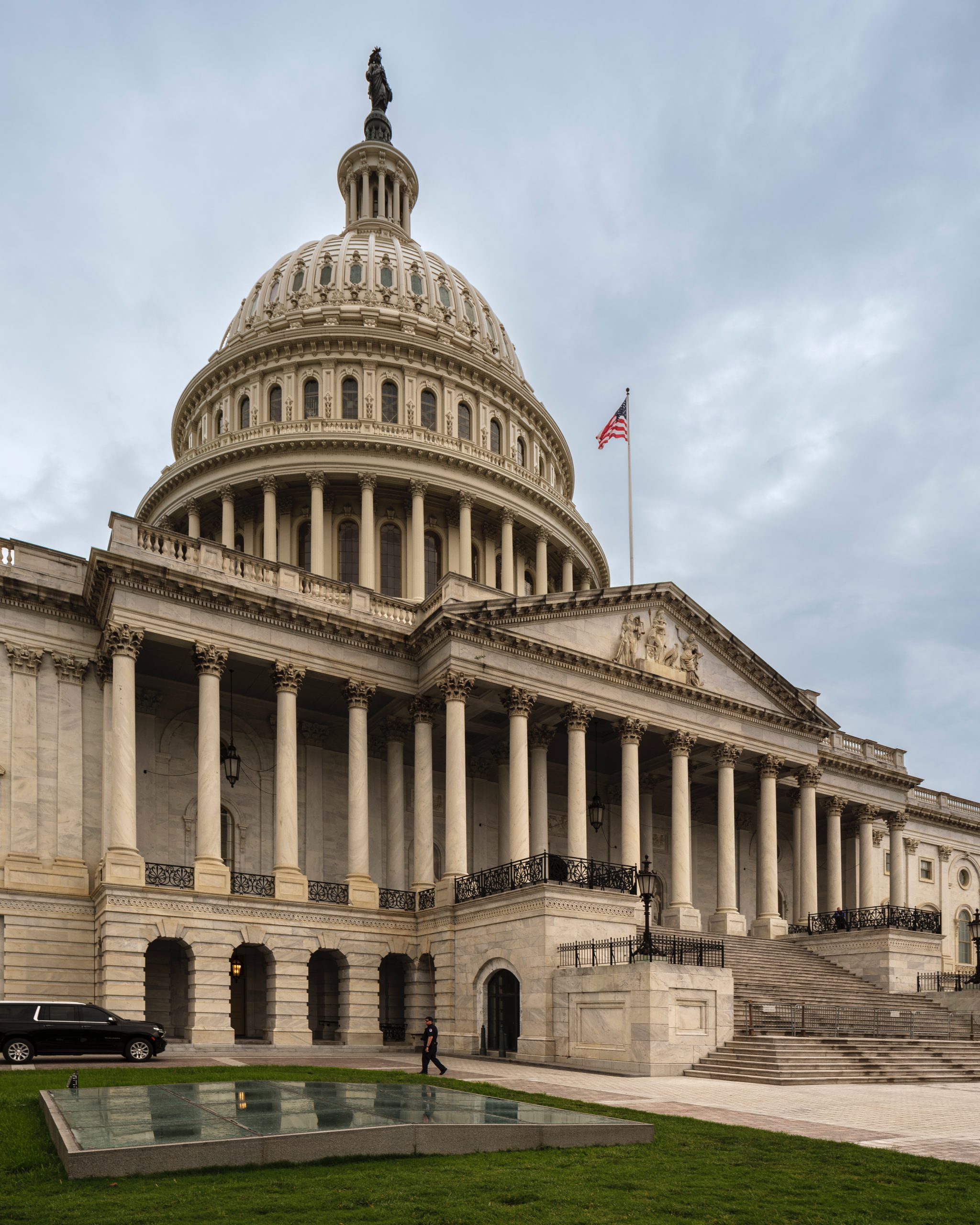 Another week, another chaotic, unprecedented, political news cycle.
Another week, another chaotic, unprecedented, political news cycle.
Over the past few days, Americans have watched with bated breath at the drama unfolding in the House of Representatives, where Kevin McCarthy was ousted as Speaker of the House Tuesday in a move that’s paralyzing Congress.
Experts say the ups and downs of the political world can cause serious stress for people who feel like all they can do is watch helplessly. Plus, with an election year on the horizon, these feelings of stress are likely to only intensify.
“Research suggests election anxiety increased between 2016 and 2020,” Marsha Brown, a licensed psychologist, previously told USA TODAY. “With growing fear for the future of human rights, health care, the economy and other life issues, it seems election anxiety may have risen again since the previous election cycle.”

Stress triggers the release of cortisol, the so-called stress hormone, William Heckman, executive director of The American Institute of Stress, says. This affects mood, motivation and fear. A March 2022 poll by the American Psychological Association revealed a majority of Americans reported high-stress levels due to financial concerns, inflation, the pandemic and the Russian invasion of Ukraine.
Here are tips to keep in mind if you feel political uncertainty taking a toll on your mental health.
‘Master your morning’
Nefertiti Nowell, a licensed clinical professional counselor in the Chicago metropolitan area, subscribes to this motto: “If you can master your morning, you can master your day,” she previously told USA TODAY. She recommends brief stretching exercises and writing down something you’re grateful for – preferably a new source of gratitude every day. Yoga, deep breathing and meditation can be added to the morning ritual, but it’s not necessary.
Turn off your news alerts
Yes, it’s OK if you need to. “Ensuring the hour before you go to bed is free from electronics is helpful to wind down and keep the nervous system regulated,” Mona Eshaiker, a licensed therapist, previously told USA TODAY. “Similarly, you can limit yourself to media blocks throughout the day. For example, only checking the news for 30 minutes twice a day. This way you are less likely to (doom) scroll or go into an anxious spiral.”
Stressed about the election? You’re not alone. How to stay calm.
Channel your stress
“Many individuals get a sense of purpose and strength by channeling their anxiety into action,” Eshaiker said. “This can look like attending a town hall, volunteering at the polls, canvassing, protesting, information sharing, attending workshops and seminars. Being part of a group can also provide a sense of support and community.”
Journal
Chloe Carmichael, a licensed clinical psychologist in New York, suggests writing a one-page journal entry recording your thoughts and feelings about politics, which she says “can relieve our brain of the burden of feeling like you have to keep all of those points active.”
More:Some neighbors feel hopeless, others are thrilled. How to keep sane in this divided American moment
Go on a media cleanse
“This can be as little as one day without looking at the news or social media. Or a week depending on what you think you may need,” Eshaiker said. “The point here is to help regulate your nervous system after election season to get your mind and body back to homeostasis.”
Seek therapy
Of course, mental health challenges are often best treated with professional help, especially if this stress persists, Eshaiker says.
More:Kevin McCarthy ousted from House speakership after Republican rebellion: What you missed
Contributing: David Oliver, Josh Peter and Marco della Cava





